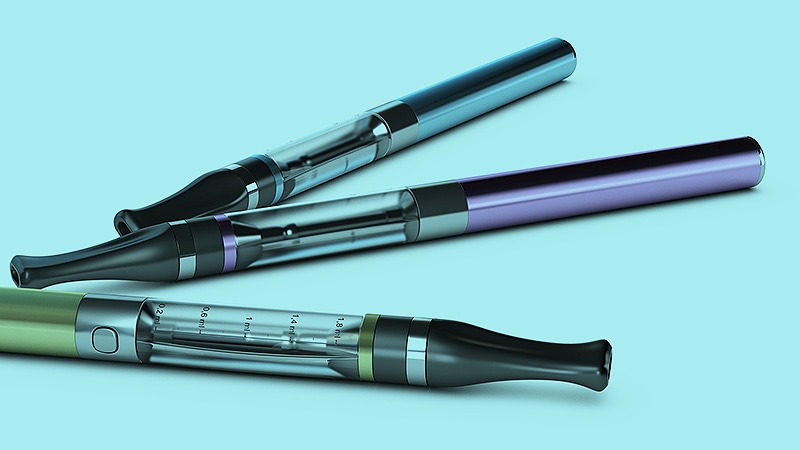Takeaway
- Ferulic acid supplementation can improve lipid profiles, oxidative stress and inflammation in patients with hyperlipidaemia, suggesting that it may lower the risk for cardiovascular disease (CVD).
- Ferulic acid could be an alternative medicine for hyperlipidaemia.
Why this matters
- Previous study showed that rice bran oil, source of ferulic acid, could improve the risk factors for CVD in hyperlipidemic patients.
Study design
- A randomised, placebo-controlled trial of 48 patients (treatment group, n=24; control placebo group, n=24) with hyperlipidaemia.
- Patients’ lipid profiles and biomarkers of oxidative stress and inflammation were assessed.
- Funding: National Research Council of Thailand.
Key results
- After 6 weeks, ferulic acid supplementation showed a statistically significant decrease in total cholesterol (P=.001), low-density lipoprotein cholesterol (LDL-C; P<.001), triglyceride (P=.049) and increased high-density lipoprotein cholesterol (P=.045) vs placebo.
- Ferulic acid supplementation significantly reduced the levels of oxidative stress markers, derivatives of reactive oxygen metabolites (P<.001), malondialdehyde (P<.001) and oxidised LDL-C (P=.002) vs placebo.
- Significant reduction in the inflammatory markers, high sensitivity-C reactive protein (P<.001), and TNF-alpha (P<.001) was seen with ferulic acid supplementation vs placebo.
Limitations
- Small sample size.
- Ferulic acid metabolites were not quantified in plasma.
References
References



